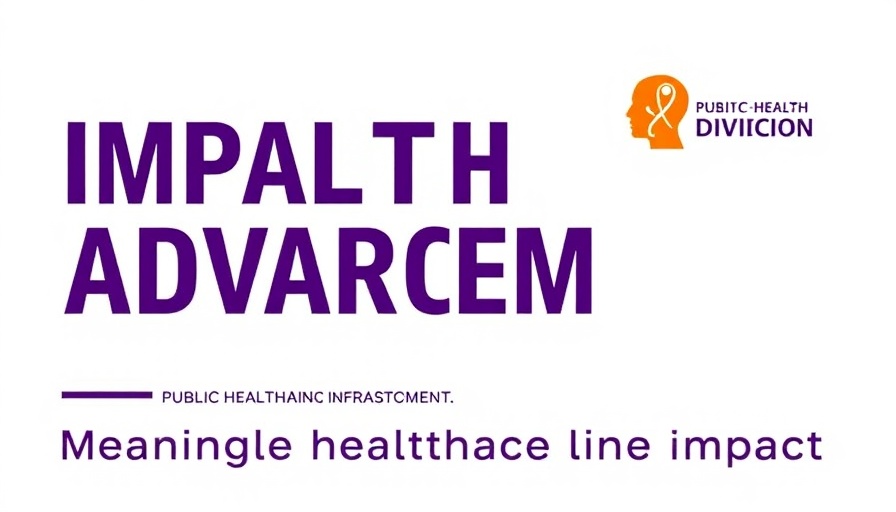
Understanding Innovation: The Thin Line Between Disruption and Meaningful Change
In the fast-paced world of technology, the terms "disruption" and "innovation" have been conflated far too often. There is a growing concern that companies are chasing after the buzz of disruption without a deeper understanding of meaningful innovation. As highlighted by Mike Magee in his compelling take on innovation, the essential question isn't whether you can disrupt but rather whether that disruption leads to real progress.
The Legacy of Disruption: Lessons from the Past
The history of technology is filled with milestones that have not only disrupted markets but have also provided sustainable developments for humankind. For instance, the creation of antibiotics revolutionized medicine; it wasn't just a cooler method of treatment, it radically improved health outcomes. Jon Gertner's exploration of Bell Labs reminds us that innovation often requires a lengthy process of refining technology until it achieves its potential. True technological advancement derives not from the loudest disruptions but from thoughtful innovations that drive real change.
The Business of Innovation: Costly Yet Fruitful?
The venture capital world is currently embroiled in debates surrounding the definitions of disruptive and sustaining innovation. In a detailed article by Kjartan Rist, he underscores that for venture capitalists, genuine disruptive innovation leads to significant market shifts and opens opportunities that may have otherwise been ignored. However, he cautions against pouring resources into merely "cool tech" that fails to track toward producing tangible benefits, stressing the importance of timing and market understanding.
The Dangerous Disruption Mindset
Investors and entrepreneurs must recognize that not all disruption is beneficial. Clayton Christensen’s theories illustrate that many disruptive innovations do not ultimately answer genuine market needs; instead, they introduce unnecessary complexity. Projects that seek to disrupt for the sake of disruption often distract from more meaningful pursuits in society. In contrast, organizations that focus on fulfilling real consumer pain points create legitimate advancements regardless of how disruptive in nature they may be.
Future Insights: Where Disruption Should Lead Us
As we look forward, businesses must cultivate a long-term view on disruption. Instead of instant gratification through rapid changes, companies should work to enhance how their innovations cater to existing markets, thus ensuring a healthier trajectory for growth and acceptance. Presently, industries such as healthcare and technology are on the brink of significant evolution, fueled by advancements that, if applied correctly, can yield immense benefits. Understanding this could foster resilience in a market riddled with fads and transient advancements.
Steps Forward: Actionable Insights for Innovators
The imperative for today’s innovators is to ground their developments in consumer needs and societal improvements. To move beyond superficial disruption, companies should evaluate the real impact of their technologies. Are they addressing real-world issues? The adoption of a practical mindset towards innovation, as suggested in the Harvard Business School's breakdown of sustaining versus disruptive strategies, could lead to lasting advancements instead of fleeting trends.
Conclusion: The Call to Thoughtful Innovation
In a world overly focused on disruption, the chief takeaway is this: genuine innovation is not defined by its hype but by its utility. As industry enthusiasts and leaders read this, they should ask themselves how they can contribute to sustainable modifications that truly enhance lives and efficiencies. Just as the X-ray fundamentally changed medical practices, any new technology or approach should target strategic improvements rather than unnecessary disruptions that lead to chaos. A renewed understanding of the fine balance between disruption and innovation could ensure that advancements serve society in a meaningful manner rather than become mere buzzwords.
 Add Row
Add Row  Add
Add 



Write A Comment